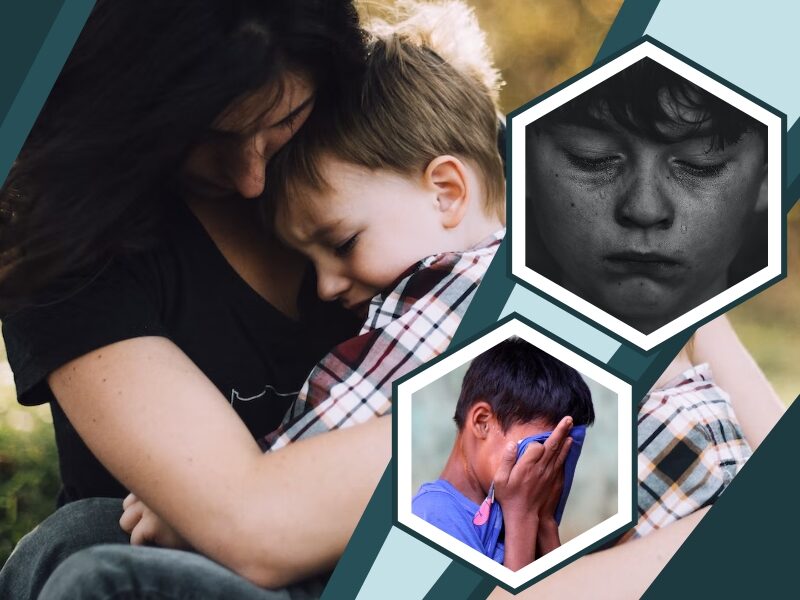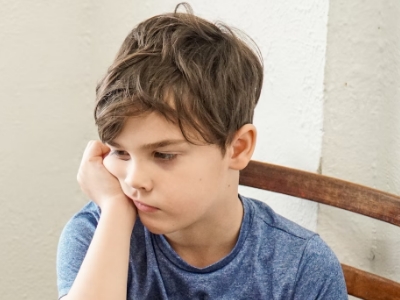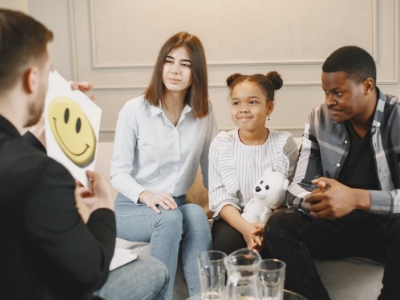How Does Childhood Depression Affect Growth?

The symptoms of childhood depression may vary. Most of these conditions are undiagnosed and taken for granted because symptoms are passed off as regular emotional and psychological changes. Although it is normal for children to feel sadness and irritability in some cases, persistent sadness may lead to melancholy.
What is Depression?
A mood disorder can cause sadness, irritability, or hopelessness. It can affect your sleep, appetite, or relationships with others. Sadness can also cause you to lose interest in hobbies or activities you once enjoyed. In severe cases, it can lead to thoughts of suicide. Although it is a serious medical condition, it is usually treatable.
How does Depression Affect Children?
The disorder can affect how children interact with friends and family. It may prevent your child from enjoying school, sports, hobbies, or other normal childhood activities. The condition often goes along with anxiety. Anxiety is a medical condition that causes fear, panic, or worries about everyday situations.
Sometimes, depression or anxiety in children gets chalked up to growing pains, but if you have any concerns about behavioral or mental health, talk to a healthcare provider. Early childhood depression alters brain development . The brains of children who suffer clinical conditions as preschoolers develop abnormally, compared with the brains of preschoolers unaffected by the disorder.
What are the Characteristics of Childhood Depression?

- Crankiness or anger
- Being more sensitive to rejection
- Thoughts of death or suicide
- Trouble during events and activities at home or with friends
- Feelings of worthlessness or guilt
- Changes in appetite, either increased or decreased
- Changes in sleep
- Vocal outbursts or crying
- Trouble concentrating
- Continuous feelings of sadness and hopelessness
- Social withdrawal
- Impaired thinking or concentration
- Fatigue and low energy
- Physical complaints
How Common is Childhood Depression?
Up to 3% of children and 8% of adolescents in the U.S. have dejection. The condition is significantly more common in boys under the age of 10. However, by age 16, girls have a greater incidence of this condition.
Treatment for Childhood Depression
Treatment for children with depression involves therapy and prescription medication. Some children may benefit from one of these, but doctors may also recommend a combination approach. These are not lifelong treatments. The treatment plan for childhood depression often depends on the severity of the symptoms. Fortunately, proper care can help your child find relief from their symptoms.
Medications such as Amitriptyline is an antidepressant typically prescribed to treat depression. It works by increasing a chemical called serotonin in your brain. It improves mood and can also change how your nerves receive pain signals, so the pain goes away.
Lifestyle and Homecare For Childhood Depression

- Make sure your child sticks to the treatment plan. Psychotherapy is an essential part of the treatment. Stopping may lead to the reoccurrence of the condition and may worsen withdrawal symptoms.
- Educate yourself about your child’s condition to empower you and motivate you to stick to the treatment plan. Please encourage your family to learn about depression to help them understand and support your child.
- Work with your child’s doctor or therapist to learn what might trigger the symptoms. Make a plan to know what to do if the symptoms worsen.
- Contact your doctor or therapist if you notice any changes in symptoms or how your child feels. Ask relatives or friends to help watch for warning signs.
- It may seem like alcohol or drugs lessen depression symptoms, but in the long run, they generally worsen symptoms and make depression harder to treat. If you have a teenager that engages in these activities, talk to a doctor or therapist to get help with alcohol or substance use.
- Ensure your child eats healthily, is physically active, and gets plenty of sleep.
- Sleeping well is essential for both physical and mental well-being. If your child is having trouble sleeping, talk to your doctor about what you can do.



